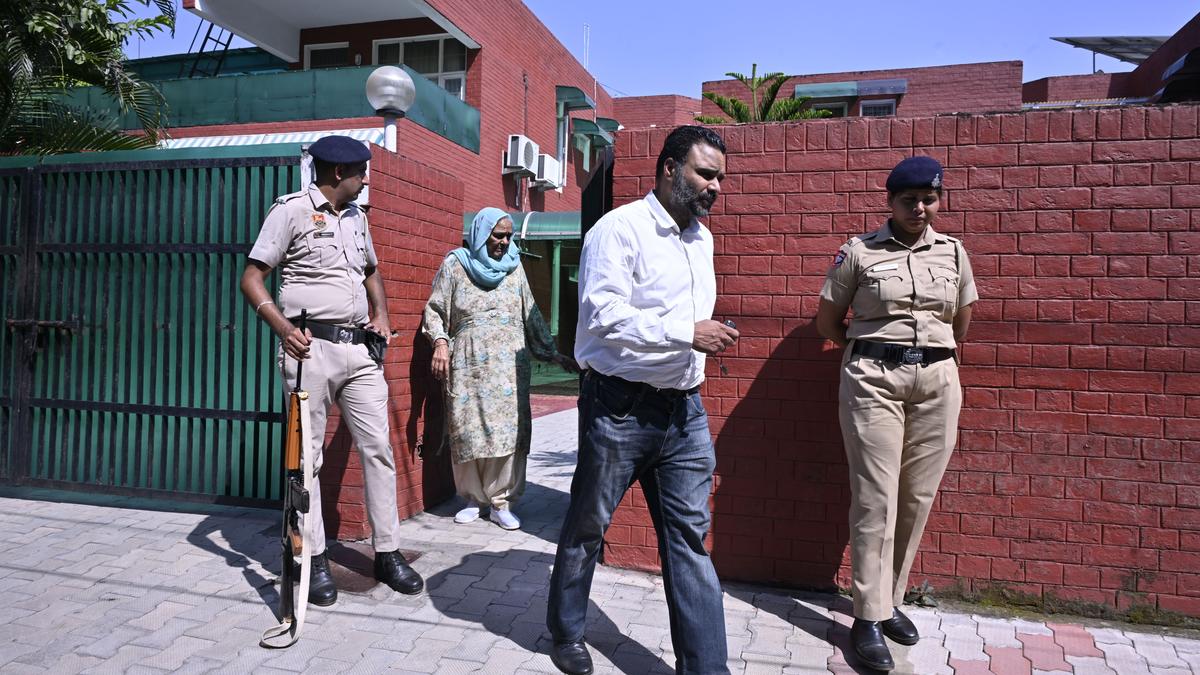Trigger warning: The following article has references to suicide. Please avoid reading if you feel distressed by the subject.
Eight days had passed since Y. Puran Kumar, an officer of the Indian Police Service (IPS) from Haryana had allegedly died by suicide. But in house 132 in Sector 24 in Chandigarh, his wife, Amneet P. Kumar, an Indian Administrative Service officer (IAS), said she had not yet accepted the loss of her husband. Amneet sat in stoic silence, greeting political leaders, colleagues, and even strangers who had come to show solidarity.
Amneet, who serves as Commissioner and Secretary in the Haryana government, had refused to allow the postmortem of her husband until two of the key accused in the case — Haryana Director General of Police (DGP) Shatrujeet Kapur and Rohtak Superintendent of Police (SP) Narendra Bijarniya — were arrested. Their names featured among the dozens of names of officials in the note that Kumar allegedly wrote before he died.
On the ninth day after Puran’s death, which occurred on October 7, Amneet gave her consent to the postmortem. She said in a statement to the press that the Chandigarh Police had assured her that they would “conduct a fair, transparent and impartial investigation” and that the Haryana government had committed to “taking appropriate action against any erring officials in due course of law.” Puran’s two daughters performed the last rites. The officer’s service uniform and cap rested briefly on his remains. A police contingent presented a guard of honour.
Despite the government’s promises, Amit Rattan, Puran’s brother-in-law and an MLA of the Aam Aadmi Party from the Punjab Bathinda (Rural) constituency, believes that the probe is being done “just for the sake of it.”
“The person who died was not just any ordinary person; he was a polic
Continue Reading on The Hindu
This preview shows approximately 15% of the article. Read the full story on the publisher's website to support quality journalism.
